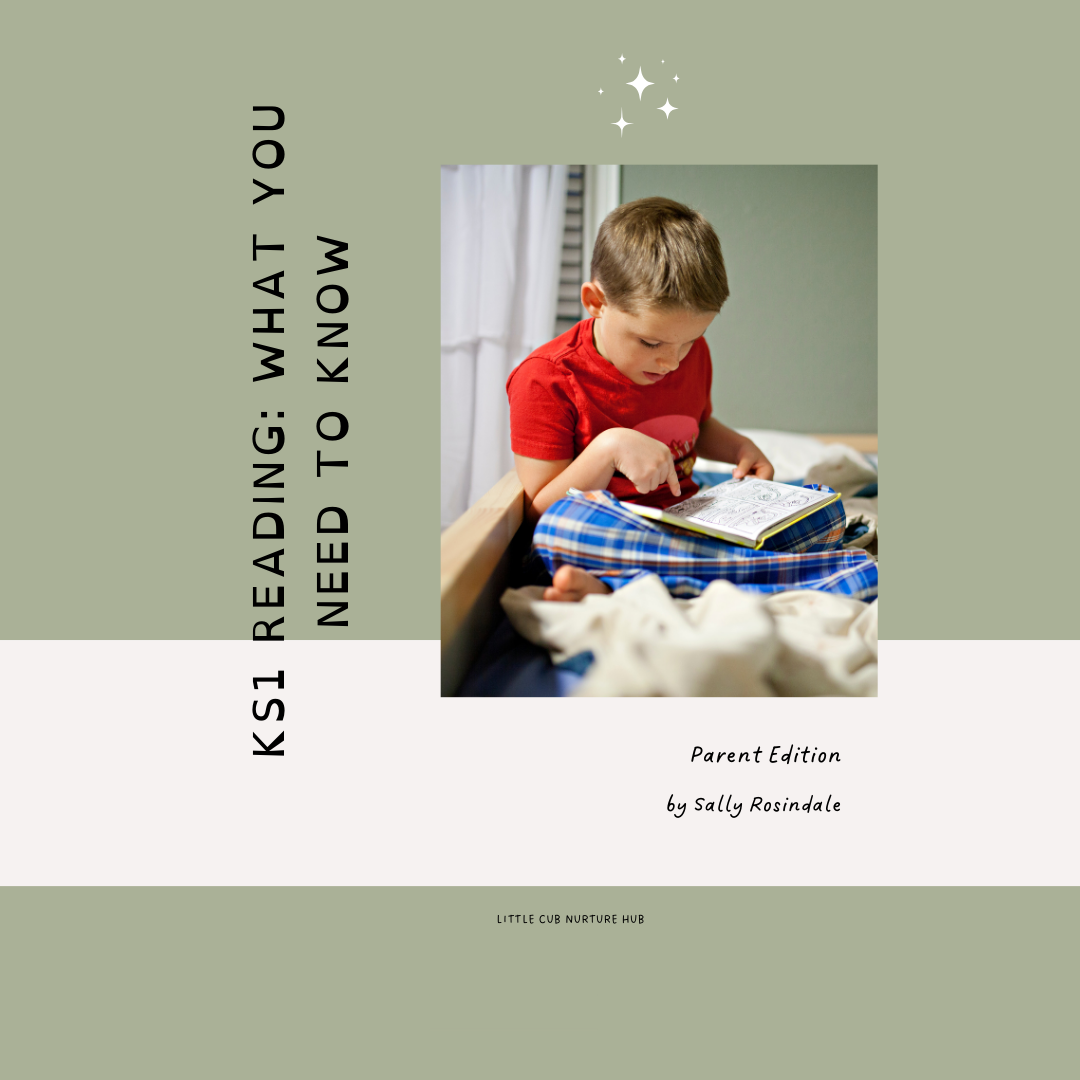
KS1 Parent Reading Introductory Guide and Workbook
Why I Wrote This FREE Guide
As parents and carers, you play an extraordinary role in your child’s reading journey. Watching them discover the joy of books, unlock new words, and make sense of stories is magical—but it can also feel overwhelming at times. This guide is here to reassure and empower you, providing practical advice and insights to help you support your child’s reading development during Key Stage 1.
I wrote this guide to bridge the gap between school and home, making the sometimes complex process of learning to read feel more approachable and manageable. It’s filled with tips, strategies, and encouragement to help you create positive reading experiences at home—ones that inspire confidence, curiosity, and a lifelong love of books.
Whether your child is just starting to decode their first words or diving into longer texts, this guide is designed to be your companion on the journey. By understanding how reading works, how it’s taught, and how you can make a difference, you’ll be equipped to give your child the support they need to flourish as a reader.
Contents for the KS1 Reading Guide
Introduction
- Why Reading Matters in KS1
- The Role of Parents and Carers
What is Reading?
- Decoding, Fluency, and Comprehension Explained
- How Reading Supports Every Subject
The Science Behind Reading
- How the Brain Learns to Read
- Why Reading is a Taught Skill
- Barriers to Reading (e.g., Speech and Language Challenges)
What to Expect in KS1
- Year 1: Phonics and Early Reading
- Year 2: Developing Fluency and Comprehension
- How Schools Teach Reading (and Why Approaches Vary)
How Reading is Assessed
- Half-Termly Observations and Progress Monitoring
- Formal Assessments:
- Phonics Screening Check (Year 1)
- End of KS1 Reading Tests (Year 2)
- Record-Keeping and Feedback
The Importance of Reading at Home
- Why You Can’t Rely on Schools Alone
- The Benefits of Parental Support
- Making Reading a Positive Emotional Experience
20 Ways to Support Reading at Home
- Child-Led Reading
- The Power of Repetition
- Reading at Bedtime or Other Calm Moments
- Celebrating Progress
Challenges and Solutions
- What to Do If Your Child Struggles
- Supporting Tired or Reluctant Readers
- When and How to Ask Schools for Additional Help
Statistics and Long-Term Impact
- National Reading Benchmarks in KS1
- How Reading Proficiency Shapes Future Outcomes
Reflect and Improve: A Questionnaire for Parents
- Evaluating Your Home Reading Practices
Final Thoughts
- Building Lifelong Reading Habits
- Celebrating Every Small Success

